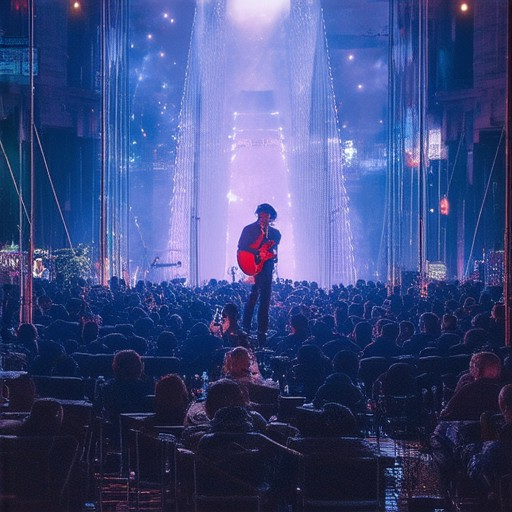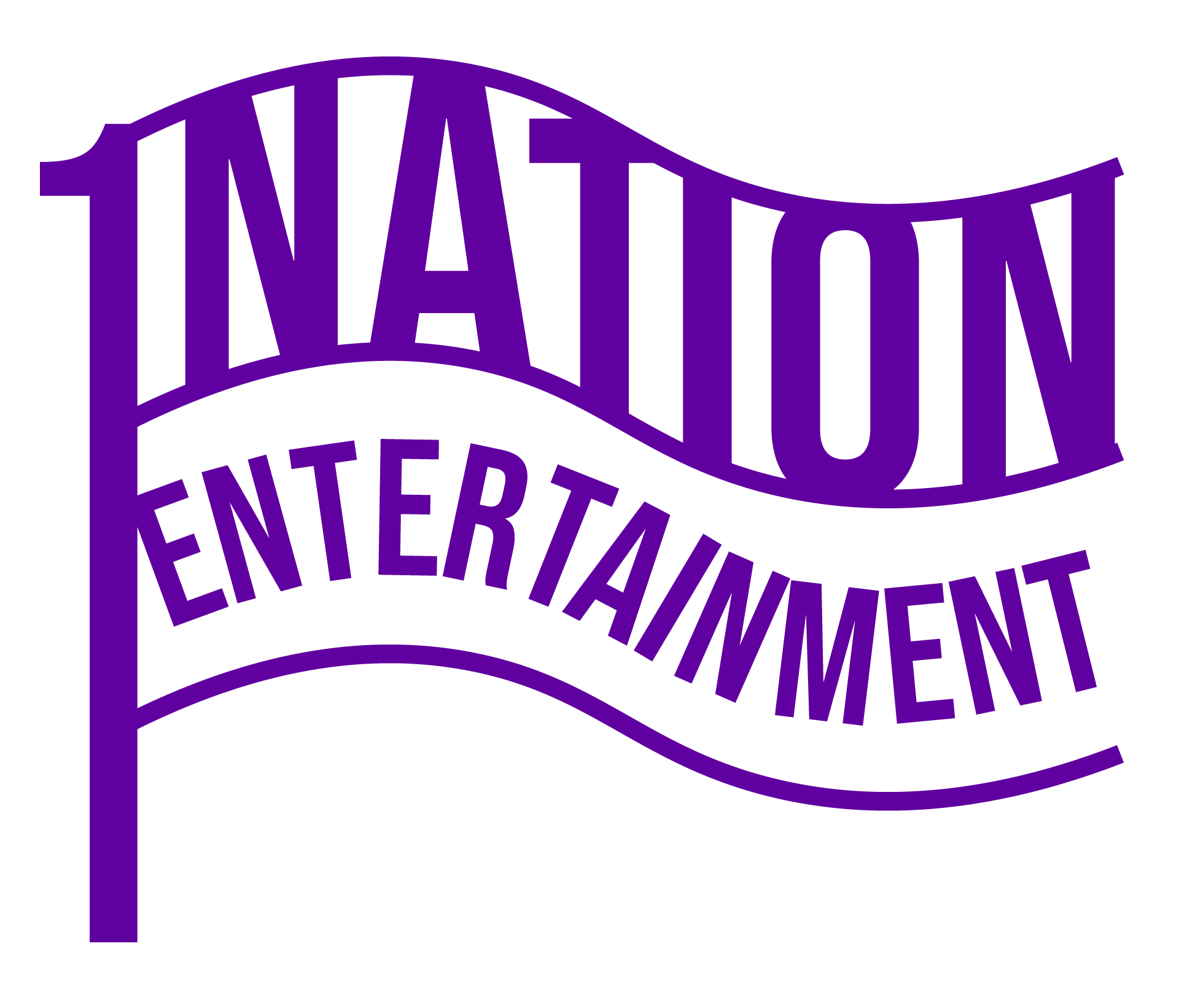The music industry is constantly evolving, and so are the ways artists, fans, and industry insiders connect and share insights. While traditional platforms may dominate the scene, music blogs remain a vital medium for fostering connections and sparking conversations. In 2023, the question arises: Are music blogs still relevant? The answer lies in their ability to adapt, innovate, and continue to serve as a hub for music industry blog posts that captivate audiences and provide value. From exploring niche genres to delving into industry trends, music blogs offer a unique perspective that can’t be replicated by other formats. Whether you’re an aspiring musician seeking exposure or a seasoned blogger looking to dive deeper into the industry, this article will guide you through the ins and outs of creating compelling content, finding the right platforms, and maximizing your revenue in one of the most dynamic and competitive fields around.
Key Takeaways
- Leverage Multiple Income Streams: Music blogs can generate revenue through affiliate marketing, merchandise sales, display ads, sponsored content, music lessons, subscriptions, and YouTube integration.
- Earn Up to $3 RPM from Display Ads: Indian music blogs typically make between $1 to $3 RPM (Revenue Per Million Impressions) from display ads and up to $1 RPM from text ads.
- Focus on Lucrative Niches: Target niches like finance, tech, lifestyle, entertainment, or health and wellness to maximize earning potential.
- Prioritize Quality and SEO: Create high-quality, well-researched content, optimize for search engines with keyword research, and ensure your blog is mobile-friendly.
- Build a Strong Community: Engage with your audience on social media and build an email list to foster loyalty and drive growth.

Are Music Blogs Still a Thing?
Music blogs have evolved significantly since their emergence in the mid-2000s, adapting to changes in the music industry and shifting consumer preferences. While their dominance has been overshadowed by platforms like social media and streaming services, music blogs continue to play a vital role in the music ecosystem.
The Evolution of Music Blogs
Music blogs originally served as a primary source for music discovery, artist interviews, and album reviews. Over time, they’ve had to compete with the rise of YouTube, SoundCloud, and Spotify, which now dominate the way music is consumed and shared. Despite this competition, music blogs remain a trusted resource for fans and industry insiders alike.
Why Music Blogs Still Matter
- Artist Promotion : Many independent artists and smaller labels rely on music blogs to showcase their work and gain exposure. Bloggers often have dedicated audiences who are eager to discover new talent.
- Fan Engagement : Music blogs foster a sense of community among fans. Readers can engage with content through comments, shares, and social media interactions, creating a deeper connection with the music they love.
- Niche Communities : Music blogs cater to specific genres and subcultures, providing a space for like-minded individuals to connect and share their passions.
- Cultural Analysis : Music bloggers often go beyond just reviewing tracks, offering insightful commentary on the cultural implications of music, trends, and events.
1 Nation Entertainment: A Case Study
At 1 Nation Entertainment, we understand the value of music blogs as a tool for connecting with our audience. Our platform features in-depth articles, artist spotlights, and exclusive content that keeps readers informed and engaged. We believe that music blogging is not just a relic of the past but a dynamic medium that continues to evolve alongside the music it covers.
Conclusion
Music blogs may not be the dominant force they once were, but they remain an integral part of the music industry. At 1 Nation Entertainment, we champion the enduring relevance of music blogging, using it as a bridge between artists and fans while staying ahead of industry trends.
What to Write on a Music Blog?
When crafting content for your music blog, consider the following structured approach to engage your audience and provide valuable insights:
- Content Categories
- Album/Single Reviews : Provide detailed analyses of albums, EPs, or singles, highlighting standout tracks and offering recommendations.
- Concert/Event Reviews : Share experiences from live performances, festivals, or venue-specific events, capturing the atmosphere and energy.
- Artist Interviews : Feature interviews with musicians, producers, or influencers to offer exclusive insights and personal anecdotes.
- Emerging Artist Spotlights : Showcase rising talents, discussing their journey, influences, and future projects.
- Trend Analysis : Explore current music trends, genres, or cultural impacts, supported by critical analysis and data.
- Live Music Experiences : Offer recaps of concerts or festivals attended, detailing performances and the overall event experience.
- List-Based Content : Create curated playlists or “Best Of” lists, focusing on themes like mood, genre, or historical context.
- Genre History : Delve into the evolution of music genres, tracing their origins and cultural significance.
- Cover Song Features : Highlight cover versions of classic tracks, comparing them to originals and introducing new artists.
- Event Coverage : Promote upcoming events, festivals, or local shows, emphasizing their uniqueness and appeal.
- Production Tips : Share insights into music production, featuring guest posts from experts in the field.
- Technology Impact : Discuss the evolving role of technology in music, from streaming platforms to AI-driven innovations.
By organizing your content into these categories, you ensure a diverse and engaging experience for your readers, catering to different tastes and interests within the music realm. Maintain a consistent tone aligned with your brand, ensuring professionalism and approachability to foster a loyal audience.

How to Find Music Blogs to Submit To
To effectively find music blogs that accept submissions, follow these organized steps:
- Online Directories and Search Engines :
- Utilize Google’s blog search feature by typing queries like “best music blogs” or “submit music blog.”
- Visit platforms like SubmitYourContent.com and BlogSubmissions.com, which offer directories of music blogs.
- Social Media Engagement :
- Explore Twitter and Instagram by following hashtags such as #MusicBlogs and #SubmitMusic.
- Join Facebook groups related to music blogging to connect with communities and discover submission opportunities.
- Forums and Online Communities :
- Participate in Reddit subreddits like r/MusicProduction and r/MusicIndustry for networking and recommendations.
- Engage in discussions to gain insights and find blogs accepting submissions.
- Direct Outreach :
- Use contact forms on blog websites to reach out with a polite and professional introduction.
- Attach a sample post or your blog’s URL to showcase your content.
- Targeted Content Submission :
- Tailor your pitch to match the blog’s audience, considering factors like genre preferences (e.g., electronic music blogs).
- Promotion and Networking :
- Share your blog on platforms like Medium and LinkedIn to attract interested readers.
- Attend local music events or conferences to network with other bloggers and explore collaboration opportunities.
- Organizational Tracking :
- Maintain a spreadsheet or list of submitted blogs for easy tracking and follow-up.
By combining these methods, you can efficiently identify and submit to music blogs, enhancing your blog’s visibility and potential acceptance.

Do Music Blogs Make Money?
Yes, music blogs can generate significant revenue through various strategies. Earnings depend on factors like niche, content quality, and audience engagement. Here’s a breakdown of how music bloggers make money:
- Affiliate Marketing : Promoting products or services related to music, such as instruments, tickets, or audio equipment, can yield commissions. Successful bloggers often partner with companies like Amazon Associates or niche-specific affiliate programs.
- Merchandise Sales : Creating and selling music-related merchandise, such as t-shirts, hats, or posters, can be a lucrative stream. Platforms like Redbubble or Etsy simplify the process for creators.
- Display Ads : Monetizing through ad networks like Google AdSense or Media.net allows bloggers to earn income based on traffic. Higher page views typically lead to better earnings.
- Sponsored Content : Collaborating with brands or artists for sponsored posts can provide steady income. Bloggers often charge anywhere from $100 to several thousand dollars per post depending on reach and influence.
- Music Lessons or Consulting : Sharing expertise in music production, songwriting, or career advice can attract paying clients. This can be promoted through the blog and offered as a premium service.
- Subscriptions or Memberships : Offering exclusive content, behind-the-scenes access, or early releases through memberships can generate recurring revenue.
- YouTube Integration : Many music bloggers use YouTube to monetize videos through ads, sponsorships, and affiliate links, further diversifying their income streams.
To maximize earnings, focus on building a loyal audience, optimizing content for SEO, and leveraging multiple income streams. Consistent posting and high-quality content are key to long-term success.
How Much Does a Blog Earn Per 1,000 Views?
For 1,000 views, a blog in India typically generates between $1 to $3 RPM (Revenue Per Million Impressions) from display ads and approximately $0.5 to $1 RPM from text ads. This means:
- Display Ads : $1 to $3 per 1,000 views
- Text Ads : $0.5 to $1 per 1,000 views
These figures vary based on factors like ad rates, targeting, and the specific audience of the blog.

What Kind of Blogs Make the Most Money?
To determine which type of blogs generate the highest revenue, consider factors like niche selection, content strategy, monetization methods, SEO, and community engagement. Here’s a breakdown:
Niche Selection
- Finance : Offers stock tips, investment advice, and personal finance management.
- Tech : Covers gadgets, software, and emerging technologies.
- Lifestyle : Focuses on fitness, cooking, home decor, and parenting.
- Entertainment : Discusses movies, TV shows, and celebrity news.
- Health and Wellness : Provides fitness routines, nutrition tips, and mental health advice.
Content Strategy
- High-Quality Content : Publish well-researched articles, guides, tutorials, and in-depth analyses.
- Visual Media : Incorporate images, infographics, and videos to enhance engagement.
- Consistency : Maintain regular publishing to build a loyal audience.
Monetization Methods
- Affiliate Marketing : Earn commissions by promoting products.
- Sponsored Posts : Partner with brands for promotional content.
- Advertisements : Monetize through display ads or video ads.
- Digital Products : Sell eBooks, online courses, or printables.
SEO and Technical Considerations
- Keyword Research : Optimize content for search engines using relevant keywords.
- Internal Linking : Enhance SEO by linking to other relevant articles on the blog.
- Mobile-Friendly Design : Ensure the blog is accessible on all devices.
Community Building
- Social Media Engagement : Interact with followers on platforms like Instagram, Pinterest, and TikTok.
- Email List : Build an email list for newsletters, product launches, and updates.
Conclusion
Blogs that combine a targeted niche, high-quality content, effective monetization, SEO, and community engagement are more likely to generate substantial income. Focus on long-term strategies to build a sustainable audience and revenue stream.




